 W
WJakobus Cornelis (Jacques) Bloem was a Dutch poet and essayist. Between 1921 and 1958 he published fourteen volumes of poetry. In 1949 he won the Constantijn Huygensprijs, one of the country's highest literary awards, and in 1952 the P. C. Hooft Award for his literary oeuvre. In 1965, in rapidly declining health, he was awarded the highest Dutch-language literary award, the Prijs der Nederlandse Letteren. He was nominated for the Nobel Prize in Literature.
 W
WJeroen Godfried Marie (Jeroen) Brouwers is a Dutch writer.
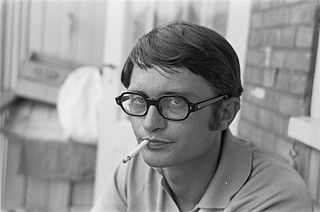 W
WRemco Campert is a Dutch author, poet and columnist.
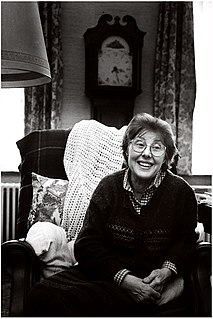 W
WChristine D'haen was a Flemish author and poet. She was born in Sint-Amandsberg and died at Bruges.
 W
WPaul de Wispelaere was a Flemish writer.
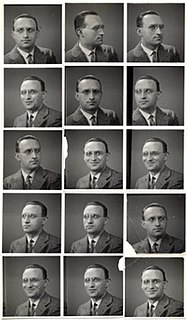 W
WMarnix Gijsen was a Belgian writer. His real name was Joannes Alphonsius Albertus Goris; his pseudonym relates to Marnix van Sint Aldegonde and the surname of his mother (Gijsen).
 W
WMaurice, Baron Gilliams was a Flemish writer and poet.
 W
WHélène "Hella" Serafia Haasse was a Dutch writer, often referred to as the "Grande Dame" of Dutch literature, and whose novel Oeroeg (1948) was a staple for generations of Dutch schoolchildren. Her internationally acclaimed magnum opus is Heren van de Thee, translated to The Tea Lords. In 1988 Haasse was chosen to interview the Dutch Queen for her 50th birthday after which celebrated Dutch author Adriaan van Dis called Haasse "the Queen among authors".
 W
WWillem Frederik Hermans was a Dutch author of poetry, novels, short stories, plays, as well as booklength studies, essays, and literary criticism. His most famous works are The House of Refuge, The Darkroom of Damocles, and Beyond Sleep.
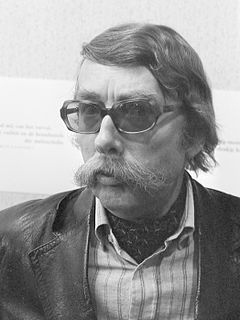 W
WGerrit Kouwenaar was a Dutch journalist, translator, poet and prose writer. He was first published in 1941. He was a member of the Dutch poetry group known as the Vijftigers. Kouwenaar worked for magazines and newspapers such as Vrij Nederland, De Waarheid, and Het Vrije Volk. During the mid-1940s, he worked for the illegal newspaper Parade der Profeten. He was arrested for this and sentenced to half a year in jail. Kouwenaar was awarded the Martinus Nijhoff Prize in 1967 for his translation work. In 1970, he was given the P. C. Hooft Award. Kouwenaar later won the 1989 Dutch Literature Prize. In 2009, the Society of Dutch Literature named Kouwenaar the recipient of its annual honor. His last published work was released on 9 August 2008, Kouwenaar's eighty-fifth birthday.
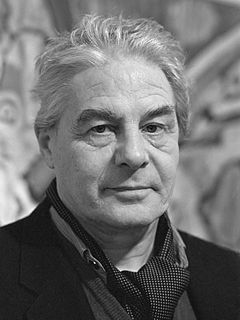 W
WLucebert was a Dutch artist who first became known as the poet of the COBRA movement.
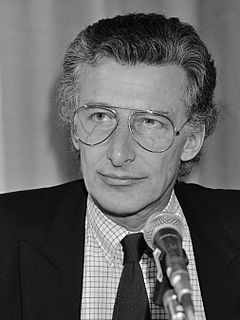 W
WHarry Kurt Victor Mulisch was a Dutch writer. He wrote more than eighty novels, plays, essays, poems, and philosophical reflections. Mulisch's works have been translated into over thirty languages.
 W
WLeon Helena Sylvain Nolens, pseudonym Leonard Nolens, is a Belgian poet and diary writer. He graduated from the Hoger Instituut voor Vertalers en Tolken in Antwerp.
 W
WCees Nooteboom is a Dutch novelist, poet and journalist. After the attention received by his novel Rituelen, which received the Pegasus Prize, it was the first of his novels to be translated into an English edition, published in 1983 by Louisiana State University Press of the United States. LSU Press published his first two novels in English in the following years, as well as other works through 1990. Harcourt and Grove Press have since published some of his works in English.
 W
WGerard Kornelis Cecil de van het Reve was a Dutch writer. He started writing as Simon Gerard Cecil de van het Reve and adopted the shorter Gerard Reve [ˈɣeːrɑrt ˈreːvə] in 1973. Together with Willem Frederik Hermans and Harry Mulisch, he is considered one of the "Great Three" of Dutch post-war literature. His 1981 novel De vierde man was the basis for Paul Verhoeven's 1983 film.
 W
WAdriaan Roland Holst was a Dutch writer, nicknamed the "Prince of Dutch Poets". He was the second winner, in 1948, of the Constantijn Huygens Prize. He was nominated for the Nobel Prize in Literature.
 W
WStijn Streuvels, born Franciscus (Frank) Petrus Maria Lateur, was a Belgian writer.
 W
WHerman Louis Cesar Teirlinck was a Belgian writer. He was the fifth child and only son of Isidoor Teirlinck and Oda van Nieuwenhove, who were both teachers in Brussels. As a child, he had frail health and spent much of his time at the countryside in Zegelsem, with his paternal grandparents. He was nominated for the Nobel Prize in Literature six times.
 W
WSimon Vestdijk was a Dutch writer.
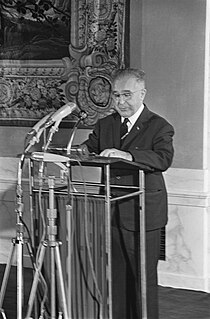 W
WJacob Lodewijk Gerard, Baron Walschap, was a Belgian writer.